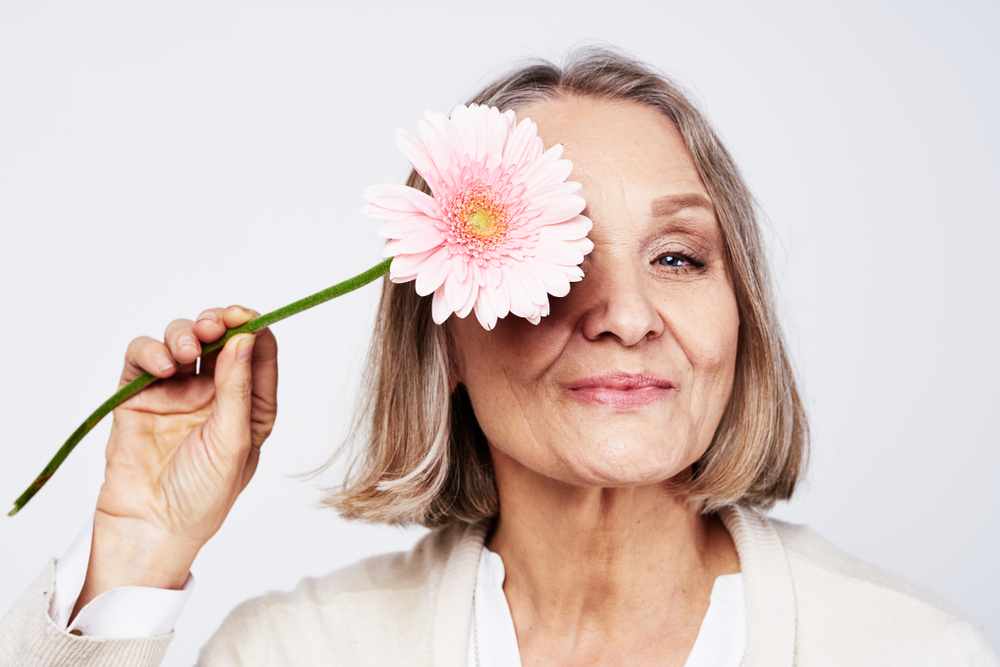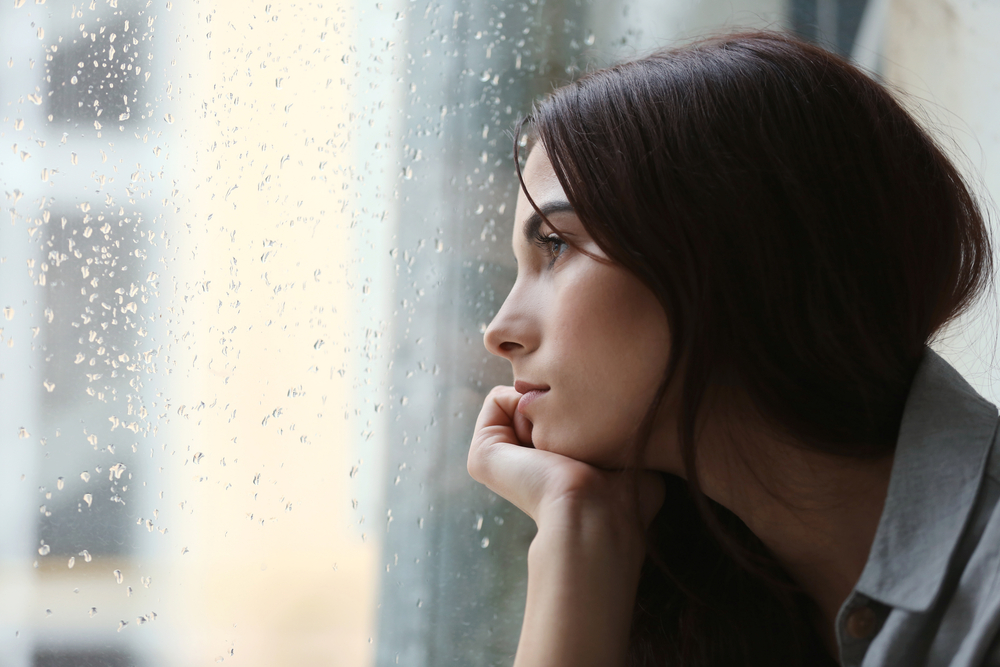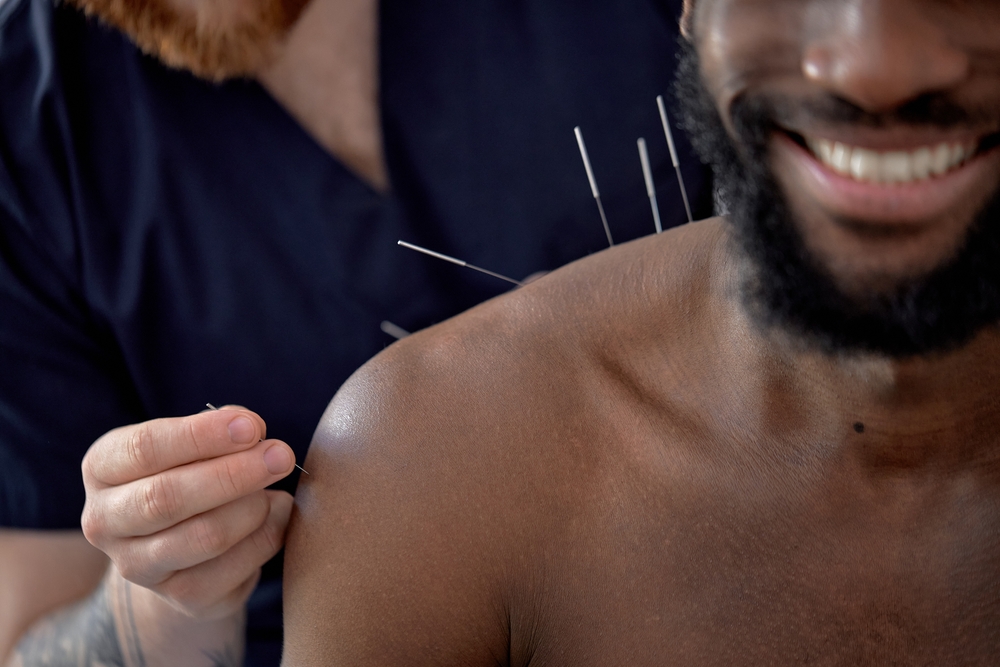
What Can Acupuncture Do For Menopause?
Finding Balance: Acupuncture and Chinese Herbs for Menopause Relief
Menopause is a natural phase of life for women, but its symptoms can often feel anything but natural. From hot flashes and mood swings to insomnia and fatigue, the hormonal changes associated with menopause can disrupt daily life and leave many women searching for relief. While hormone replacement therapy (HRT) is a common treatment option, an increasing number of women are turning to alternative therapies such as acupuncture and Chinese herbs to manage their symptoms. In this blog post, we’ll explore how acupuncture and Chinese herbs can offer relief from menopausal symptoms and support overall well-being.
Understanding Menopause and its Symptoms**
Menopause typically occurs in women between the ages of 45 and 55 and marks the end of menstruation and fertility. Many symptoms that occur prior to menopause can indicate hormonal imbalance, though, so catching the signs early can help alleviate the difficulty of going through this experience. During this transition, the body’s production of estrogen and progesterone declines, leading to a variety of physical and emotional changes. Common symptoms of menopause include:
- Hot flashes and night sweats
- Mood swings and irritability
- Insomnia and disrupted sleep
- Fatigue and low energy
- Joint pain and stiffness
- Vaginal dryness and discomfort
- Changes in libido
While menopause is a natural part of aging, its symptoms can have a significant impact on quality of life. Many women seek relief from these symptoms through conventional treatments such as hormone replacement therapy (HRT), but concerns about potential side effects have led others to explore alternative options like acupuncture and Chinese herbs.
Acupuncture for Menopause Relief
Acupuncture is a key component of traditional Chinese medicine (TCM) that involves the insertion of thin needles into specific points on the body to stimulate energy flow and promote healing. For menopausal women, acupuncture can offer relief from a wide range of symptoms by addressing imbalances in the body’s energy pathways or meridians.
Research suggests that acupuncture may be particularly effective in reducing hot flashes and night sweats associated with menopause. A study published in the journal Menopause found that women who received acupuncture experienced a significant reduction in the frequency and severity of hot flashes compared to those who received sham acupuncture or no treatment.
In addition to reducing hot flashes, acupuncture can also help alleviate other menopausal symptoms, such as mood swings, insomnia, and joint pain. By restoring balance to the body’s energy systems, acupuncture can promote a sense of overall well-being and improve quality of life during the menopausal transition.
Chinese Herbs for Menopause Support
In addition to acupuncture, Chinese herbal medicine offers another natural approach to managing menopausal symptoms. Traditional Chinese herbs are prescribed based on individual patterns of disharmony within the body, with the goal of restoring balance and promoting health. The benefit of seeing a Chinese herbalist is that they are board-certified and can create custom formulas specific to each individual patient.
Several Chinese herbs have been studied for their potential benefits in relieving menopausal symptoms:
- Dong quai (Angelica sinensis): Known as the “female ginseng,” dong quai is commonly used in TCM to regulate menstrual cycles and alleviate menopausal symptoms such as hot flashes and night sweats.
- Black cohosh (Actaea racemosa): This North American herb has been traditionally used by Native American tribes to treat menopausal symptoms. Research suggests that black cohosh may help reduce hot flashes and improve mood in menopausal women.
- Ginseng (Panax ginseng) Ginseng is a popular adaptogenic herb in TCM that can help support the body’s stress response and improve energy levels during menopause.
- Dang gui (Angelica sinensis): Similar to dong quai, dang gui is often used in TCM to regulate menstrual cycles and alleviate symptoms of menopause.
- Rehmannia (Rehmannia glutinosa): This herb is commonly used in TCM to nourish the yin energy of the body and alleviate symptoms such as hot flashes, night sweats, and insomnia.
When used under the guidance of a qualified practitioner, Chinese herbs can be a safe and effective option for managing menopausal symptoms. However, it’s important to consult with a licensed acupuncturist or herbalist who can tailor a treatment plan to your individual needs and monitor your progress over time.
Combining Acupuncture and Chinese Herbs for Optimal Results
While acupuncture and Chinese herbs can be effective on their own, combining these therapies can often yield even better results. By addressing both the underlying imbalances in the body’s energy systems and the specific symptoms of menopause, a holistic approach to treatment can offer comprehensive relief and support overall health and well-being. The goal is to treat the root cause of the issue and help your body maintain hormonal balance on its own without the use of pharmaceuticals, if possible.
If you’re experiencing menopausal symptoms and seeking natural relief, consider exploring the benefits of acupuncture and Chinese herbs with the White Crane Clinic. Focusing on restoring balance and promoting healing, these ancient therapies offer a gentle and effective approach to managing the challenges of menopause and embracing this new phase of life with grace and vitality. Our board-certified acupuncture physicians would love to help you feel your best from the inside out. So call us today for more information about how you can get started.



